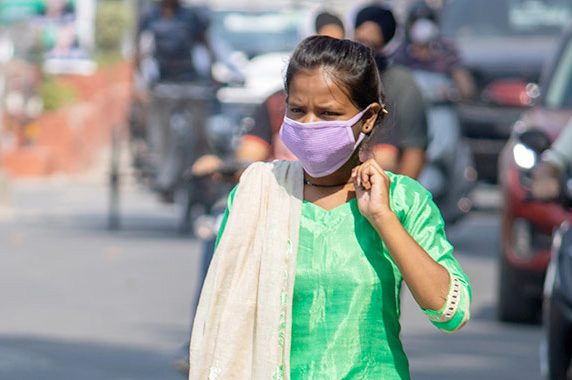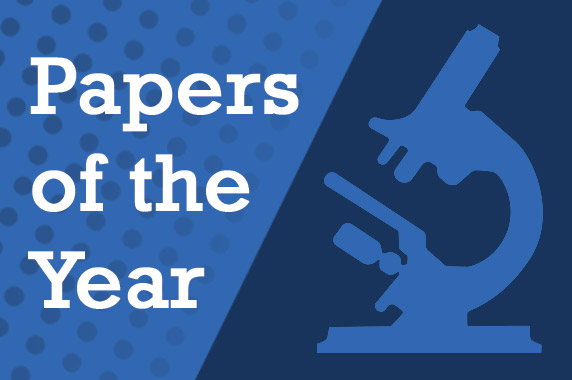Calendar
Jan
08
08
Duke University Reproductive Sciences Seminar Series presents 'From Glowing Penis to Oocyte Producing Testis: New Insights into Sex Differentiation'
Event Details
Event Details
- Location: Online
- Time: noon-1:00 p.m.
- Speaker(s): Humphrey Yao, Ph.D., from the NIEHS Reproductive and Developmental Biology Laboratory
- Description and Zoom
Jan
28
28
Environmental Health Perspectives Strategic Planning Summit, Day 1
Event Details
Event Details
- Location: Online
- Time: 10:00 a.m.-4:30 p.m.
- Learn more and apply to participate
Jan
28
28
National Academies Environmental Health Matters Initiative presents 'Reducing the Health Impacts of the Nitrogen Problem: Session 1 — Defining the Problem'
Event Details
Event Details
- Location: Online
- Time: 2:30-5:30 p.m.
- Details and link to register
Feb
02
02
National Academies of Science, Engineering, and Medicine present 'The Interplay Between Environmental Exposures and Mental Health Outcomes'
Event Details
Event Details
- Location: Online
- Time: 10:30 a.m.-3:00 p.m.
- Workshop description and registration

Stay up to date on the latest news from the Environmental Factor newsletter







